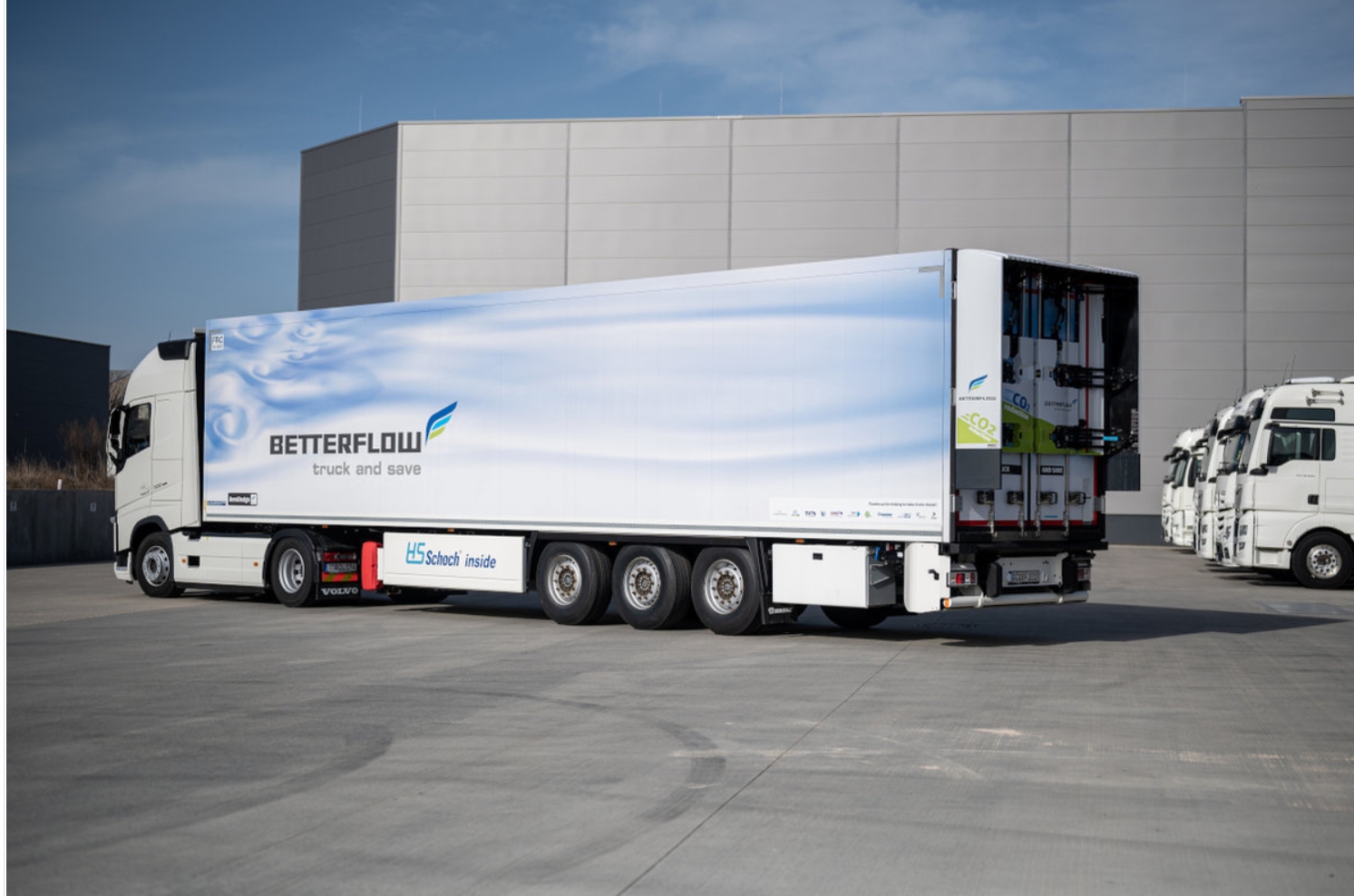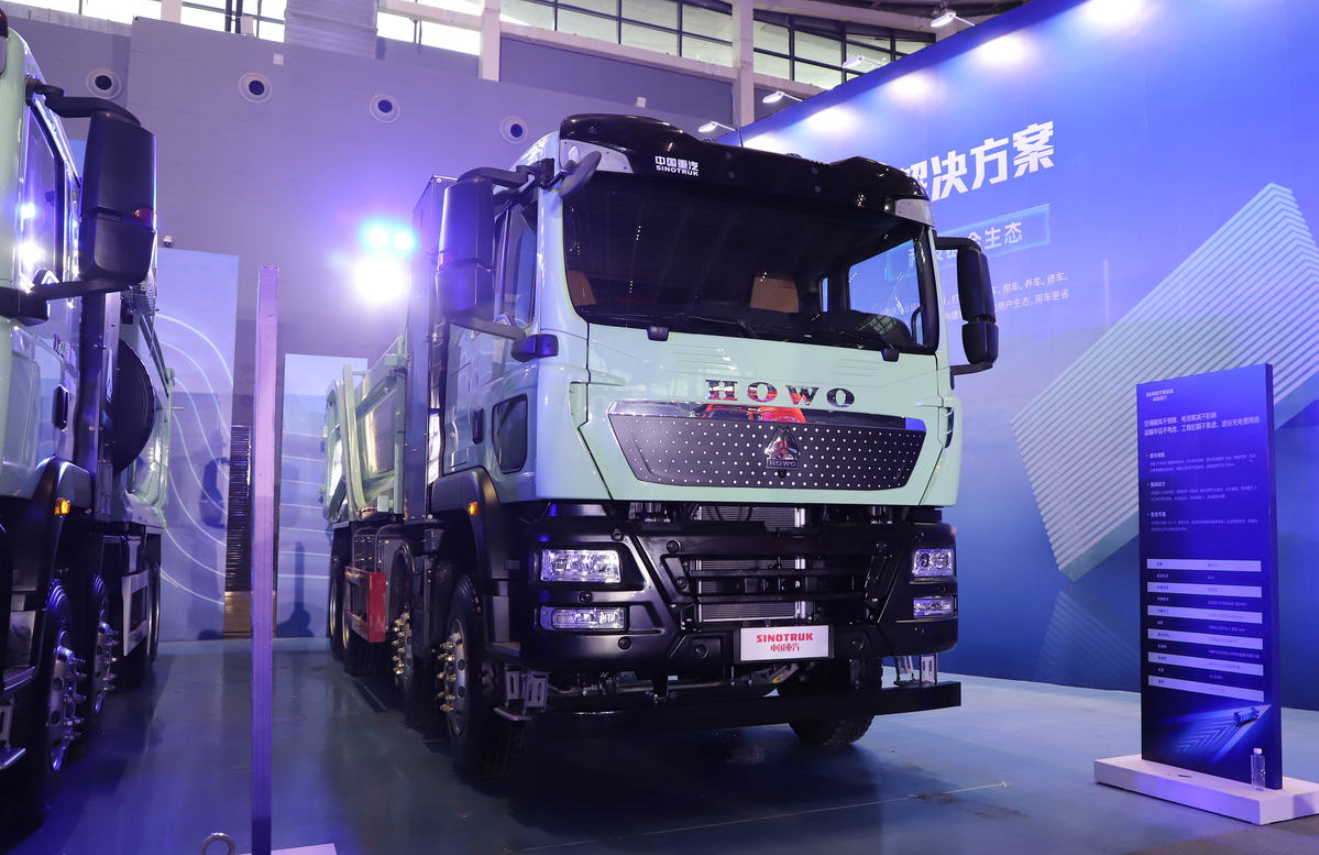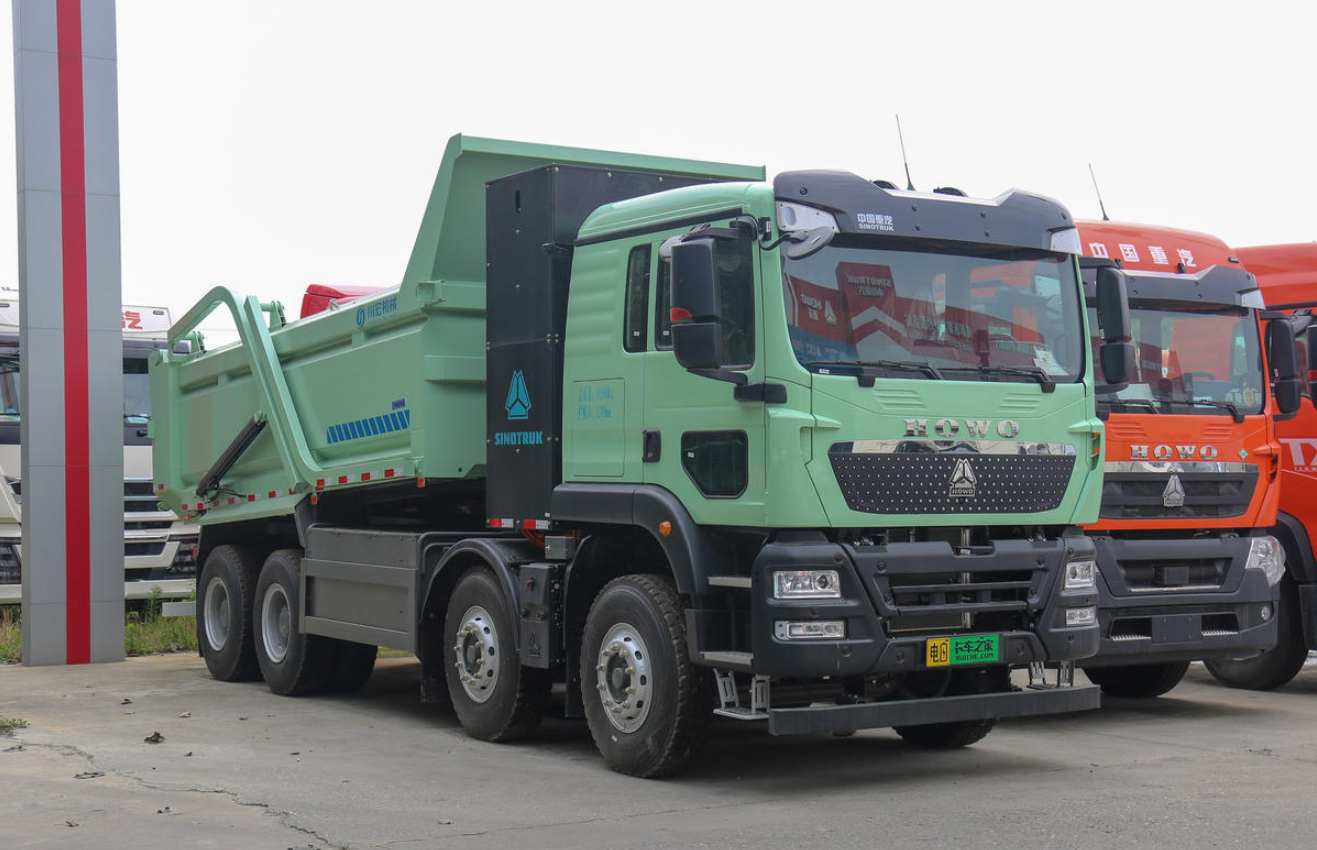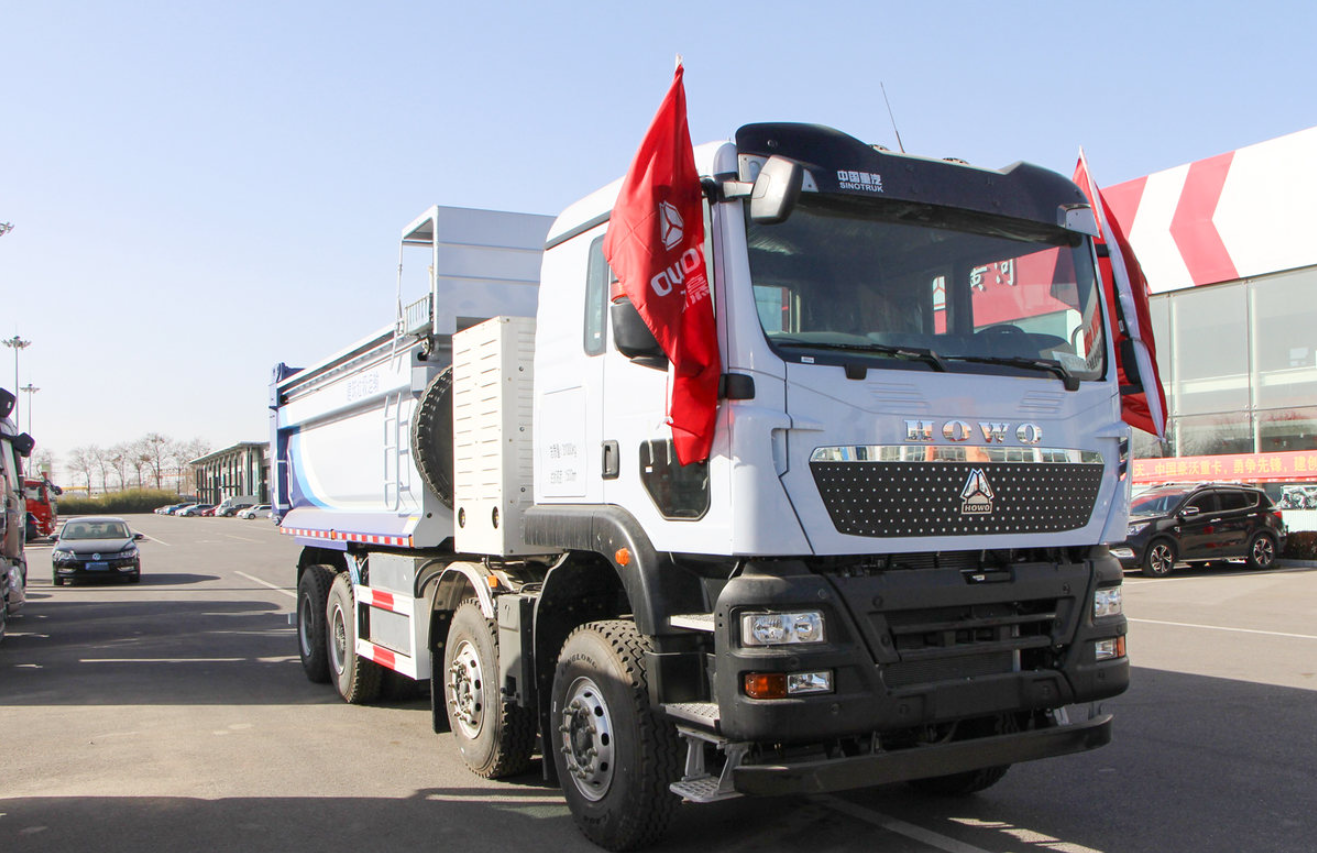Home page > list > news
The Technological Revolution of Trailers in the Context of China's Trucking Industry
In the vibrant and ever - changing landscape of China's trucking industry, trailers play an indispensable role. As truck technology continues to advance by leaps and bounds, trailers are also undergoing a significant technological revolution. This article explores the latest trailer technologies from around the world and their potential implications for China's trucking sector.

China's trucking industry has witnessed remarkable growth in recent years, with a surge in demand for efficient logistics solutions. Trailers, as an essential part of the transportation chain, are expected to keep up with the pace of development. New technologies are emerging to address the challenges faced in daily operations, such as maneuverability, energy efficiency, and loading/unloading convenience.
One of the most notable advancements is the trailer steering axle technology. In China, where space in loading and unloading areas can be tight, the ability to reverse a trailer easily is crucial. The BPW's Active Reverse Control system, although developed overseas, offers valuable insights. If adopted in China, it could greatly improve the efficiency of trailer operations, especially in urban and congested areas. However, factors such as cost and compatibility with existing infrastructure need to be considered.
Another significant development is the trailer power - generating axle. With China's increasing focus on energy conservation and environmental protection, this technology holds great promise. Refrigerated trailers, which are widely used in China's food transportation industry, could benefit greatly from the energy - recovery feature. By converting braking energy into electricity, these trailers can reduce their reliance on external power sources, leading to cost savings and a lower carbon footprint.
The concept of "trailer wings" is also gaining traction. In China, where long - distance transportation is common, reducing air resistance can have a significant impact on fuel consumption. The rear - wing systems developed by companies like BETTERFLOW could potentially be adapted for Chinese trailers. However, it's important to consider the practicality of such designs in China's diverse road conditions, including the risk of damage on rough roads.
The automatic - connection trailer technology, such as the JOST KKS system, has the potential to revolutionize China's trailer - swapping operations. Given China's large - scale logistics operations, the ability to quickly and easily hitch and unhitch trailers can significantly improve transportation efficiency. This technology could also enhance safety by reducing the need for manual operations in potentially hazardous areas.
In conclusion, while these new trailer technologies offer exciting possibilities for China's trucking industry, their widespread adoption may face challenges. Cost - effectiveness, compatibility with existing systems, and adaptability to China's unique road and operational conditions are all factors that need to be carefully evaluated. As China continues to invest in modernizing its transportation infrastructure, the integration of these advanced trailer technologies could play a crucial role in driving the industry towards greater efficiency and sustainability.
Submit purchase request
If you need vehicle configuration and quotation, please feel free to contact us
Whatsapp:+8615206750120
Email: 15206476328lulu@gmail.com
The vehicle price and configuration reference of Chinese domestic products, you need to consult local dealers for local purchase
- Submit
















